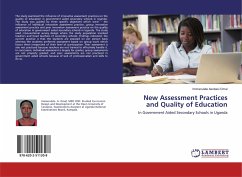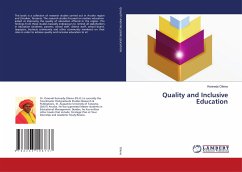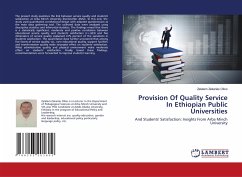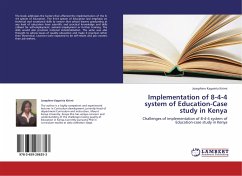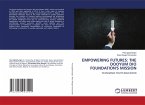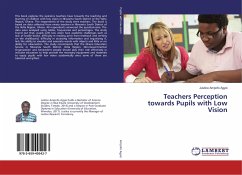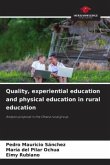The study examined the influence of innovative assessment practices on the quality of education in government aided secondary schools in Uganda. The study was guided by three specific objectives which were: - the influence of individual innovative assessment practice, group innovative assessment practice and peer innovative assessment practice on the quality of education in government aided secondary schools in Uganda. The study used cross-sectional survey design where the study population involved teachers and head teachers of secondary schools. Findings indicated; the current practice is that the students are assessed on per person basis whereas the students preferred assessment based on group work which favors them irrespective of their level of participation. Peer assessment is also not practiced because teachers are not trained to effectively handle it. In conclusion, individual assessment is largely for grades; group assessments are not properly graded; and peer assessmentsare not practiced in government aided schools because of lack of professionalism and skills to do so.
Bitte wählen Sie Ihr Anliegen aus.
Rechnungen
Retourenschein anfordern
Bestellstatus
Storno

